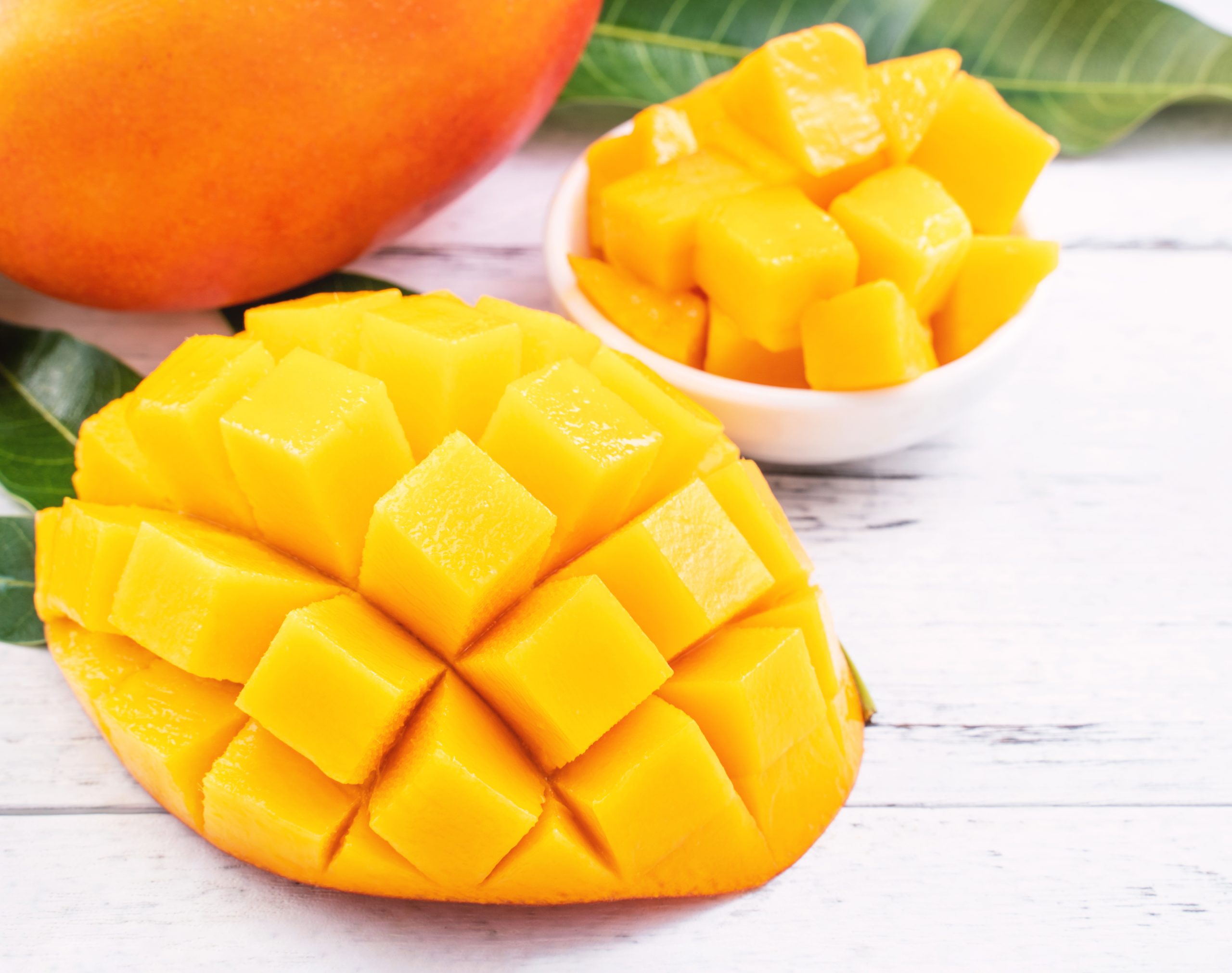Did you know that fruits and vegetables with an orange-yellow pigment could contain a molecule with unexpected benefits? This molecule has protective effects for both the brain and eyesight: it is lutein. In addition to vegetables and yellow fruits, many green vegetables also contain it: green peas, broccoli, kale and spinach.
Many people have already heard of it for eye health. This molecule reduces the risks and/or slows the progression of cataracts and macular degeneration. It is usually accompanied by zeaxanthin, another carotenoid pigment. In addition, recent studies have proposed that lutein plays a protective role at the neuronal level, by preserving cognitive functions. A new study, published in the journal, Alzheimer’s and Dementia, has just confirmed the impact of the Mediterranean diet on cognitive functions. Lutein may have something to do with it, but the total consumption of fish would also be a beneficial factor.
Other foods such as cantaloupe, salmon, yellow pepper, carrot or egg yolks are excellent sources of lutein. Egg yolk is a food source that also promotes its bioavailability through the presence of lipids.
Here is a traditional Thai recipe featuring mango. We suggest a glutinous black rice pudding with its coconut sauce and a mango ornament. This recipe is remotely similar to traditional rice pudding, but black rice is very nutritionally rich in its intake of vitamin E, group B vitamins, essential amino acids, minerals and antioxidants. Our mission is to make you discover original recipes including foods that are particularly good for your health.
Ingredients:
-2 cups of black glutinous rice (black cargo rice, forbidden rice, emperor’s rice)
For cooking the rice:
-1/4 cup brown sugar, cane sugar or maple syrup
-1 can of coconut milk 14 oz (well shaken)
-1 ¼ cup of water
-1 star anise (star anise) (optional)
-1/2 stick of cinnamon
For the coconut sauce:
-2 14 oz coconut milk cans (well shaken)
-1 cup of sugar (brown, cane, white)
-1/3 cup unsweetened grated coconut (fresh or dried)
Fruits:
-2 red or yellow mangoes (Atulfo)
or
-1 bag of frozen mangoes (previously thawed in the refrigerator)
Steps:
- Rinse your rice thoroughly using a fairly large fine strainer. Dip the rice in a bowl of cold water for an hour.
- While your rice is soaking, you can arrange the mangoes. Remember that the mango contains a lengthwise oval core. You can also simplify your life by using thawed mangoes. In both cases, keep them cool.
- Put the rice in a medium saucepan with a can of coconut milk and 1 ¼ cup of water. Bring to a boil over medium heat, and then lower it to medium-low heat. This rice, being a whole grain, can take up to 40-45 minutes to cook. Cook it until it reaches a tender, sticky texture. If your rice seems al dente, add a little water and continue cooking.
- When your rice is perfect, remove it from the heat, but keep it covered. While the rice is developing its soft texture, take out another pan to make the coconut sauce. Bring the other two coconut cans with the cup of sugar to a boil over medium high heat. Continue cooking over medium heat until the sugar is well dissolved. This cooking will allow your coconut milk to evaporate a percentage of its aqueous matter. This can take ten to fifteen minutes at most. This sauce is not thick and should only coat the back of your spoon. Turn off the heat and add the grated coconut.
- Take a medium dessert bowl; add rice, not too much, as it turns out to be particularly filling. This rice has a texture similar to that of tapioca. Do not panic, it is completely normal! Pour a desired amount of hot coconut sauce over the rice, and a bit of water. Take out your mango pieces and add them to your bowl.
- If you want to innovate and adapt the recipe, you can serve this pudding with sliced strawberries and fresh mint leaves.
Enjoy your meal everybody!
References :
- Simard, E. 2016. Vivre jeune plus longtemps. Marcel Broquet la nouvelle édition. 365 pages.
- Tiarnán D. Keenan, Elvira Agrón, Julie A. Mares, Traci E. Clemons, Freekje van Asten, Anand Swaroop, Emily Y. Chew, for the AREDS and AREDS2 Research Groups. 2020. Adherence to a Mediterranean diet and cognitive function in the Age‐Related Eye Disease Studies 1 & 2. Alzheimer’s and Dementia, avril 2020.






